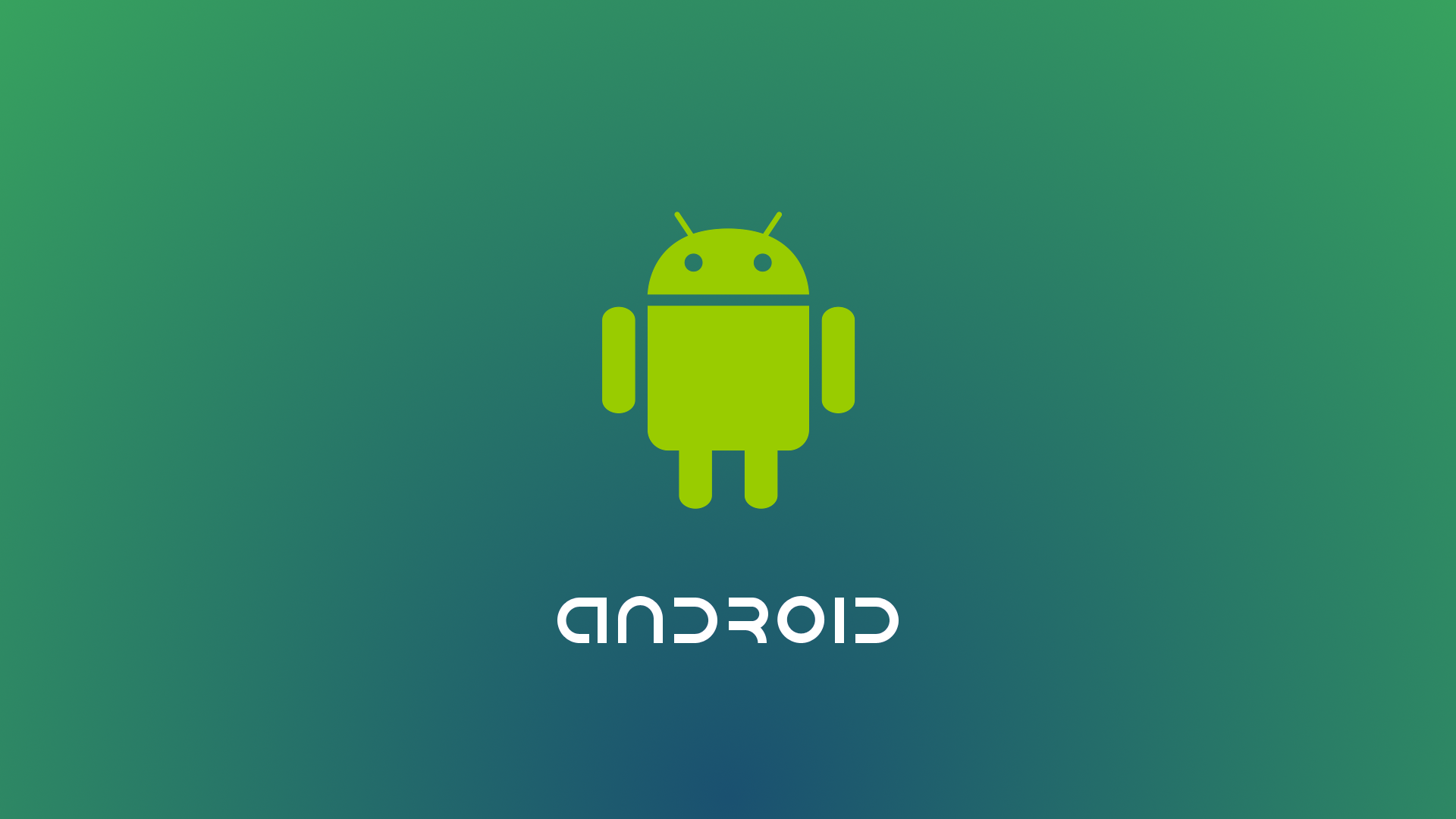Assalam o Alaikum friends
How are you all? I’m here today among you all with an amazing blog.

Image Credits: https://9to5google.files.wordpress.com
Dear friends, before I go ahead and tell you further I would like first to tell you a short introduction to the Android operating system.
What is the Android operating system?

Image Credits: https://www.bleepstatic.com
The Android operating system is the mobile software technology which was developed by Google Inc. This unique operating system is very popular among the next generation smartphones and tablets. The Android operating system is very popular and there are varieties of Android apps over the internet. The Android operating system is very good operating system and has wonderful features.
Video Credits: Youtube via
The Cynical Historian Channel
Here is an overview of Android operating system defined by Wikipedia.
Android is a mobile operating system developed by Google, based on the Linux kernel and designed primarily for touchscreen mobile devices such as smartphones and tablets. Android's user interface is mainly based on direct manipulation, using touch gestures that loosely correspond to real-world actions, such as swiping, tapping and pinching, to manipulate on-screen objects, along with a virtual keyboard for text input. In addition to touchscreen devices, Google has further developed Android TV for televisions, Android Auto for cars, and Android Wear for wrist watches, each with a specialized user interface. Variants of Android are also used on game consoles, digital cameras, PCs and other electronics.
Initially developed by Android Inc., which Google bought in 2005, Android was unveiled in 2007, along with the founding of the Open Handset Alliance – a consortium of hardware, software, and telecommunication companies devoted to advancing open standards for mobile devices. Beginning with the first commercial Android device in September 2008, the operating system has gone through multiple major releases, with the current version being 8.0 "Oreo", released in August 2017. Android applications ("apps") can be downloaded from the Google Play store, which features over 2.7 million apps as of February 2017. Android has been the best-selling OS on tablets since 2013 and runs on the vast majority[a] of smartphones. As of May 2017, Android has two billion monthly active users, and it has the largest installed base of any operating system.
Android's source code is released by Google under an open source license, although most Android devices ultimately ship with a combination of free and open source and proprietary software, including proprietary software required for accessing Google services. Android is popular with technology companies that require a ready-made, low-cost and customizable operating system for high-tech devices. Its open nature has encouraged a large community of developers and enthusiasts to use the open-source code as a foundation for community-driven projects, which deliver updates to older devices, add new features for advanced users or bring Android to devices originally shipped with other operating systems. The extensive variation of hardware in Android devices causes significant delays for software upgrades, with new versions of the operating system and security patches typically taking months before reaching consumers, or sometimes not at all. The success of Android has made it a target for patent and copyright litigation between technology companies.Credits: Wikipedia.org
The above overview tells us the complete information about the Android operating system.
Now, friends, I would like to tell you some versions of Android operating systems which were used in smartphones and tablets.

Image Credits: http://hackerious.com
Android 1.0 Operating system:
Android 1.o and Android 1.1 were brought to the market in 2005 and these were almost initial android operating systems. HTC devices were tested with this operating system. These two versions were not named with any unique codeword.
Android Cup Cake:

Image Credits: https://www.androidheadlines.com
After a few time, later Google planned to launch Android 1.5 operating system which was named Cup Cake. This version was better than previous versions and I think it was named as the very first version of Android and this version included the features such as direct uploading of videos on the YouTube and photos and pictures uploading on Picasa photo albums. Cupcake operating system was better operating system than the previous operating system and it was the first operating system which was named codeword.
Donut Android 1.6:

Image Credits: https://www.androidheadlines.com
Afterwards in 2009 android launched its operating system which was named as Android Donut operating system containing version 1.6 and this operating system was containing some additional features. This version of android fixed the problems and issues which were faced in the cupcake. The donut was fixed device reboot error which was coming in cupcake version of android 1.5. Android donut was also featuring support for larger display devices.
2.1Eclair Android:

Image Credits: https://vignette.wikia.nocookie.net
This version was launched in 2010 and it was an update of android 2.0 which was launched in November 2009. Android Éclair was containing support for Bluetooth and zoom feature in the camera. This version was also including live wallpapers.
Android Froyo operating system:

Image Credits: https://3.bp.blogspot.com
Froyo was next operating system of Android and this version was 2.2 and update to Éclair operating system. This was version was faster than the previous version and was also including javascript for faster operations.
Android gingerbread:
Android Gingerbread was next Android operating system version 2.3 and this was an updated operating system which also developed with Samsung devices.
Gingerbread was launched on 6th Dec 2010.
Android 3.0 for tablets:
Android 3.0, 3.1, 3.2 versions were launched for tablet devices and Motorola launched the first tab which was having the honeycomb operating system version 3.0 series.
Android 4.0:
Android .0 was launched Oct 2011 and this operating system was containing support for mobile devices and also for tablets. Android 4.0 was named as Ice Cream Sandwich. This version included many new features such as mobile data limited usage and default font selection for the device.
Android Jelly Bean:

Image Credits: http://cdn.mos.cms.futurecdn.net
Android 4.2 versions were named as Android Jelly Bean and this version was containing many new features and having wonderful performance. Jelly Bean was containing many new features and updates.
Android Kit Kat:

Image Credits:http://updato.com
Android Kit Kat was launched in 2013 and was containing version 4.4 which was updated to jelly bean.
Android lollypop:

Image Credits: https://www1-lw.xda-cdn.com
Android lollypop was having 5.0 operating system, which was also further updated to 5.1.1. Lollypop was containing many new updates such as performance and security updates. Android lollypop was also containing support for security and this version included many new features.
Android marshmallow:
Video Credits: Youtube via Marques Brownlee Channel
Android marshmallow is almost latest Android operating system which is having 6.0 and updated system. Almost new all devices are containing this operating system and this is very wonderful operating system and has wonderful interface with improved security features for Android devices.
Querlo Interactive Chat Survey Credits: www.querlo.com
I discussed a brief history of the Android operating systems and I hope you will like it. Soon I will write more about it. Thanks for reading my blog and thanks, everyone.



